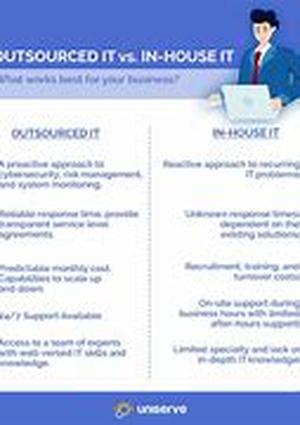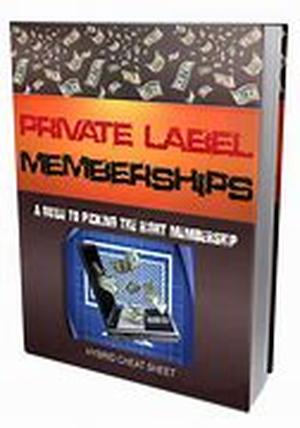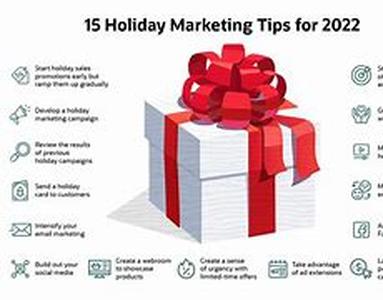
If You Have, Or Are Considering Implementing, A Church Website Or Online Ministry, There Are Several Steps You Can Take To Help Ensure That Your Site Is Found, Across All Major Search Engines, By Those Who Are Looking For It. Effective Search-engine Ranking, For Church Websites, Is Fairly Straight Forward If You Follow Some Basic Rules.Despite All The Hoopla About Search-engine Ranking Strategies, The End Result Is That Search Engines Rank Your Site Based On What Your Site Actually Represents, And The Amount Of Concurrence Of That Representation From Other Sites On The Web Via Links To Your Site. While That May Seem Complicated, It's Really Not. Simply Put, Search Engines Want To See Content Relevant To What Your Site Claims To Be About, And That Other Outside Sites Concur With That Assessment By Linking Back To You. Here Are 12 Proven Steps For Getting Your Church Website Indexed And Optimized For Favorable Search-engine Ranking For A Specific Key Phrase.Onsite (code And Content Of Your Church Website) Optimization:1) Make Sure Your Key Phrase Appears In The Title Tag Of Your Page. The Title Tag Displays The Page Title That Appears At The Top Of The Browser When Visiting A Page. This Can Be Easily Overlooked As It Is Not A Part Of The Content Body Itself.2) While Some Search Engines No Longer Take The Keyword And Description Meta Tags Into Account, There Are Still Some That Do. It's Responsible Design Practice To Populate These Tags. Found In The HTML Code, They Are Located In The Same General Area As The Title Tag, So Checking Them At The Same Time Is Convenient And Fast. Make Sure That Your Key Phrase(s) Appears In The Title, As One Of The Meta Tag Keywords, And Part Of The Meta-tag Description For That Page.3) Make Sure That Your Key Phrase Appears As Close To The Top Of Your Actual Content As Possible, And Preferably Formatted As Heading 1. If This Is Not Possible, Make Sure It Appears As Soon As Possible After The Beginning, And Format It Differently (larger, More Prominently) Than Surrounding Text.4) Naturally Disperse Your Key Phrase Throughout The Content. There Is No Hard And Fast Rule Other Than Don't Overdo It. Search Engine Spiders Love Real Content, But They Don't Like Keyword Stuffing. In A Normal Page You Should Naturally Have Several Mentions Of That Key Phrase Throughout The Content Without Even Trying.5) If You Have Images On Your Page, It Can Be Helpful To Use The Alt Tag For These Images For Key-phrase Inclusion. Do This, But Do It Sparingly, Again, Avoiding Unnatural- Appearing Keyword Stuffing.6) Finally, Your Key Phrase Should Also Appear As Close To The Last Words On The Page As Possible. (Hint: A Copyright Notice Is Ideal For This)Offsite (sites Other Than Your Own) Optimization:Even More Important Than The "onsite" Techniques, Are The Other Sites That Link To Yours. This Part Is Critical And, While It Takes A Little Effort, The Payoff, In Terms Of Search-engine Ranking, Is Enormous. Most Of The Major Search Engines Place Great Value On Similar Or Related Sites Linking Back To Yours, And The Specific, Linked Words Used To Do So. Here Are The Rules For Effective Linking:7) Proactively Look For Link Partners That Have Sites Similar In Theme To Your Own. This Does Not Mean That It Has To Be Another Church Website, But Make Sure There Is Some Common Ground Between The Two. For Instance, Your Church Could Link To A Bookseller, Provided That Booksellers Focus Is Books Related To Your Beliefs, Denomination, Etc. The More Closely Related To Your Site The Link Partner Is, The Better, Though Even Distantly Related Is Better Than None.8) Look For Opportunities For One-way Links To Your Site From Similarly Themed Sites. This Is The Highest Value Link, One Where A Site Like Yours Links To You, Without You Linking Back. They Carry Far Greater Search-engine Value And Should Be Treated Like Gold When You Can Get Them.9) Make Certain That The Anchor Text (or Linked Text) To Your Site, On Their Site, Is The Actual Key Phrase For Which You Want To Rank Well. Repeat That Key Phrase In The Description Area If The Linking Site Allows For It.10) Be Aware Of The Google Page Rank Of The Site With Which You Are Link Exchanging. The Higher Their Page Rank, The More Their Link To You Is Worth. Treat Any Link With A Page Rank Of Four, Or Higher, As Valuable; It Is.11) Don't Link To Sites That Are Not Somehow Related To Yours. This Not Only Carries Little Value, It Can Potentially Damage Your Rankings Because Unrelated Site Links Appear Artificial To Search-engine Spiders.12) Sparingly Provide Outbound One-way Links; Avoid Them Altogether, If Possible. Outbound One-way Links Benefit The Outside Site, But Not Your Own. You At Least Want A Link Exchange.If You Follow These 12 Simple Rules, You'll Find Your Church Site Indexed And Well-ranked With Minimal Effort!





